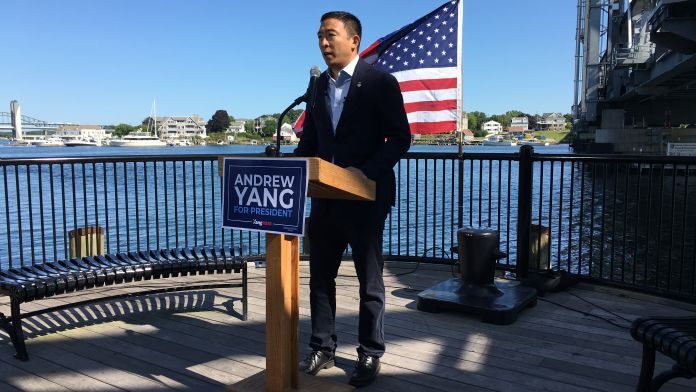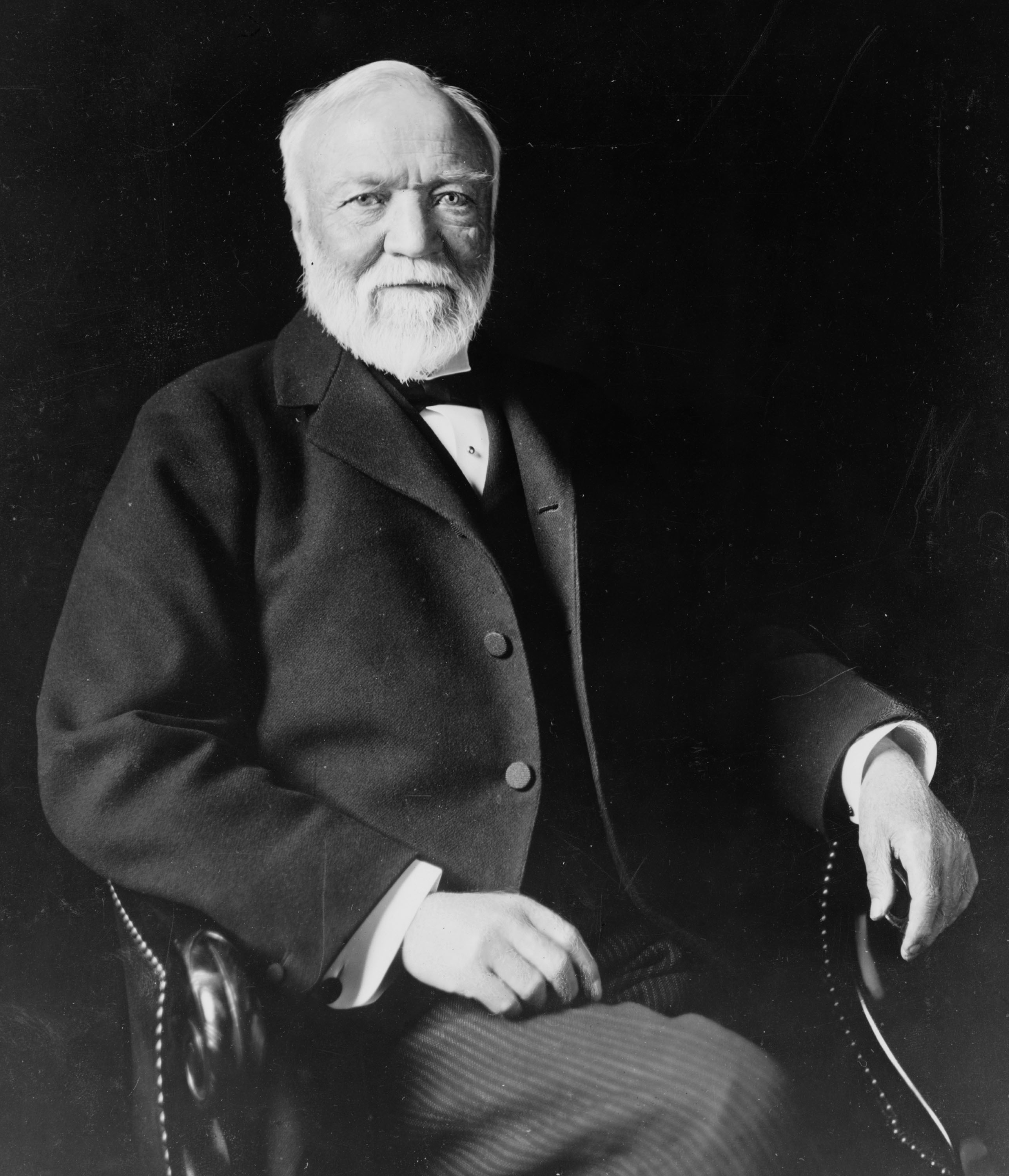Joshua Kaplan gave a great presentation on the current state of the electoral college as well as some proposed alternatives and their effects on future elections. The way he presented his own opinion on the electoral college was actually quite comical but very effective. He said that if the constitution were to have gone missing and a new one had to be written, he doesn’t believe that anyone in their right mind would come up with a proposal such as the electoral college, especially when considering the possibility of what is often referred to as “the faithless elector”. Interesting enough; however, electors have only voted against their states candidate 167 times, which is not that much considering the 538 every single election.
There were 4 total presidential election change proposals that Kaplan presented, two of which just modified how the current electoral college system works and two that were basically versions of the national popular vote. Given the results of the past election, currently, democrats tend to be in favor of the removal of the electoral college and republicans tend to be in favor of the current system. One of the Democrats’ main arguments is that rural states have more say per person than those in states such as California or New York. So, Kaplan presented the results of the previous election if every person were represented in their state equally and the results were shocking; it would have been essentially the same. Trump would have lost 3 electoral college votes which is negligible due to the substantial amount that he won by. Kaplan also discussed a version of the popular vote that would have, in fact, caused Trump to lose, but unexpectedly, using that specific system, Mitt Romney would have actually won in 2012.
When it comes down to it, there is no perfect way to run presidential elections, because all of the proposals have flaws. History has also shown that people don’t really have an opinion on the electoral college until it negatively affects them. If Trump were to win the popular vote but lose the electoral college in 2020 it is extremely probable that partisan stances on the issue would flip. This doesn’t surprise me at all honestly, politics have always been about convenience, and I’m not sure that will ever change, unfortunately.
Leave a Comment

